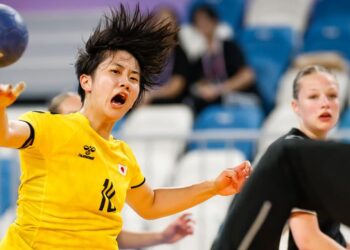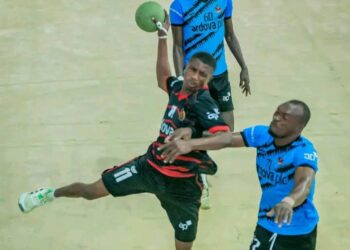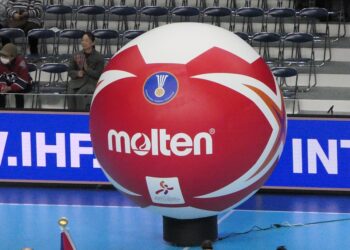As the world edges closer to the 2024 Summer Olympics in Paris, the dream of global representation is stirring deeply across continents. Among them, Africa stands poised not merely as a competitor, but as a continent fueled by ambition, history, and the yearning to make a defining mark on the world’s grandest sporting stage. For many African athletes and nations, the upcoming Olympics represent more than medals—they signify the hopes of a continent determined to rise above systemic challenges and shine.
Across Africa, Olympic qualification events are not just sporting contests. They are epicenters of emotion, political meaning, and cultural pride. For athletes hailing from countries with limited infrastructure, poor funding, and minimal exposure, the road to Paris is nothing short of extraordinary. Their journeys often begin on dusty tracks, improvised courts, and in community-run facilities, yet they carry with them the dreams of millions.
The symbolism of Africa’s Olympic dreams cannot be overstated. From Kenya’s dominance in long-distance running to Nigeria’s storied history in football and basketball, Africa has consistently shown its potential on the world stage. But now, more than ever, there’s a growing urgency to break the stereotypes and expand beyond a few highlighted disciplines.
Take for example the efforts underway in countries like Egypt, Tunisia, and South Africa, where elite performance programs have been designed to nurture talent in swimming, fencing, gymnastics, and rowing. These nations are pushing hard to redefine Africa’s Olympic narrative, challenging the world’s expectations by fostering excellence in traditionally Western-dominated sports.
Meanwhile, the Olympic qualifiers have become scenes of continental drama. In athletics, African middle- and long-distance runners continue to set world-leading times, with countries like Ethiopia and Uganda producing a new generation of prodigies ready to take the baton from legends like Kenenisa Bekele and Joshua Cheptegei. In football, both the men’s and women’s Olympic qualifiers have sparked fierce regional rivalries, with West African powerhouses such as Ghana, Nigeria, and Senegal battling North African giants like Morocco and Egypt for a ticket to Paris.
Yet, beneath these stories of promise and progress lie stark reminders of the barriers many African athletes still face. Lack of sponsorship, inadequate medical care, substandard facilities, and political interference remain persistent obstacles. The dream of representing one’s country on the Olympic stage often comes at great personal sacrifice—athletes forgo education, face economic hardship, and in some cases, even train in unsafe environments. Despite all this, they persist.
One particularly inspiring story is that of the Refugee Olympic Team, which again includes athletes from war-torn African countries. Their inclusion is a sobering yet powerful statement—these are individuals who have lost everything, yet still find purpose in sport. Their very presence at the Games is a triumph not only for themselves but for humanity, reminding us of the unifying spirit of the Olympics.
It is also essential to note the role of African diaspora athletes, many of whom compete for Western nations but maintain deep connections to their ancestral homelands. Whether it’s a French sprinter of Ivorian descent or a British boxer with roots in Ghana, these athletes contribute to the complex web of African representation on the global stage, often raising questions about national identity, opportunity, and belonging.
The Olympics, at their core, are a celebration of unity in diversity. For Africa, they are also a litmus test for how far the continent has come in translating raw talent into global success. Investment in sport is slowly growing, thanks in part to partnerships with international federations, private sponsors, and government programs. Still, more needs to be done. Building lasting infrastructure, ensuring athlete welfare, and promoting gender equity in sport are essential steps if Africa is to fulfill its Olympic potential.
In Paris 2024, African athletes will walk into the stadium not just as competitors, but as ambassadors of their people’s resilience, dreams, and dignity. Whether they climb the podium or not, their journey will be one of inspiration—showing the world that the Olympic flame burns brightly across every corner of their continent.
As the continent rallies behind its sons and daughters, one thing is certain: Africa will be represented—not just in number, but in spirit, in passion, and in the relentless pursuit of greatness. The Olympics are not merely a destination. For Africa, they are a platform to remind the world that dreams forged in struggle can shine with th
e brilliance of gold.











